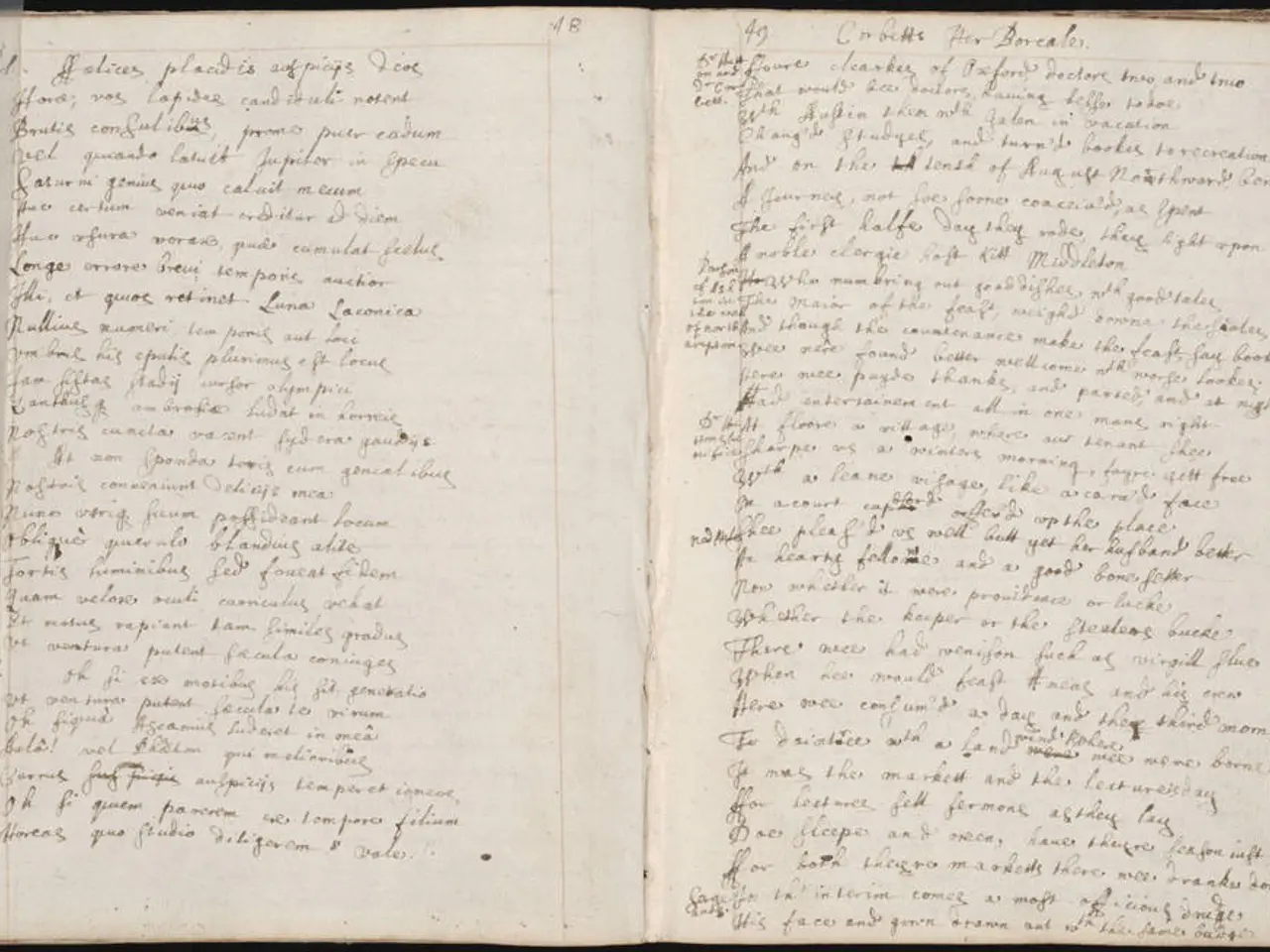Advancement of Email Privacy Law in Congress Progresses
California Strengthens Digital Privacy Laws with New Electronic Communications Act
In a move towards enhancing digital privacy, California Governor Jerry Brown has signed S.B. 178, the California Electronic Communications Privacy Act (CalECPA), and AB 691, adopting the Uniform Fiduciary Access to Digital Access Act (UFADAA). These bills aim to reform the existing Electronic Communications Privacy Act (ECPA) of 1986 and provide better protection for Californians' digital communications and assets.
Under the CalECPA, California law enforcement agencies are now required to obtain warrants from courts before compelling companies to hand over access to emails or other electronic communications, regardless of how old they are. This requirement is a significant shift from the current federal law, which allows the government to access emails by serving a subpoena, not a warrant, against digital communication service providers.
The CalECPA also addresses the issue of delayed notifications to customers whose communications have been disclosed. While the government can request delays of such notifications, suspects in an investigation wouldn't necessarily realize that a search is taking place.
Meanwhile, AB 691 addresses the issue of who inherits digital property. This bill places access to a wide range of digital assets, including electronic documentation of financial accounts, on par with access to traditional tangible assets. AB 691 allows for the designation of a digital executor or a digital heir to manage and transfer digital assets upon the death of the account holder.
The UFADAA, which is a national model law, provides a framework for resolving issues related to digital assets in the context of estate planning and probate. It applies to a wide range of digital assets, including social media accounts, email accounts, and online financial accounts.
Similar legislation has been introduced in the Senate by Senators Patrick Leahy (D-Vermont) and Mike Lee (R-Utah). The Email Privacy Act, a federal law, currently requires the government to obtain a warrant based on probable cause before accessing emails and other electronic communications stored with third-party service providers when the communications are less than 180 days old.
While there is no significant change reported altering this warrant requirement in the EPA specifically, state privacy laws are increasing consumer control over data but do not supersede federal warrant requirements for government surveillance. National security exceptions exist but do not broadly eliminate warrant requirements outside those contexts.
The CalECPA and AB 691 are significant steps towards improving digital privacy in California. If enacted, these bills are likely to curtail the federal authorities' power to collect more information than is necessary for investigation, thus, improving the privacy of online communications.
Policy-and-legislation surrounding digital privacy in California received boosts with the enactment of the California Electronic Communications Privacy Act (CalECPA) and AB 691. These pieces of legislation are contributed to the politics of general-news, as they aim to reform existing policies and provide stronger protections for Californians' digital communications and assets.








